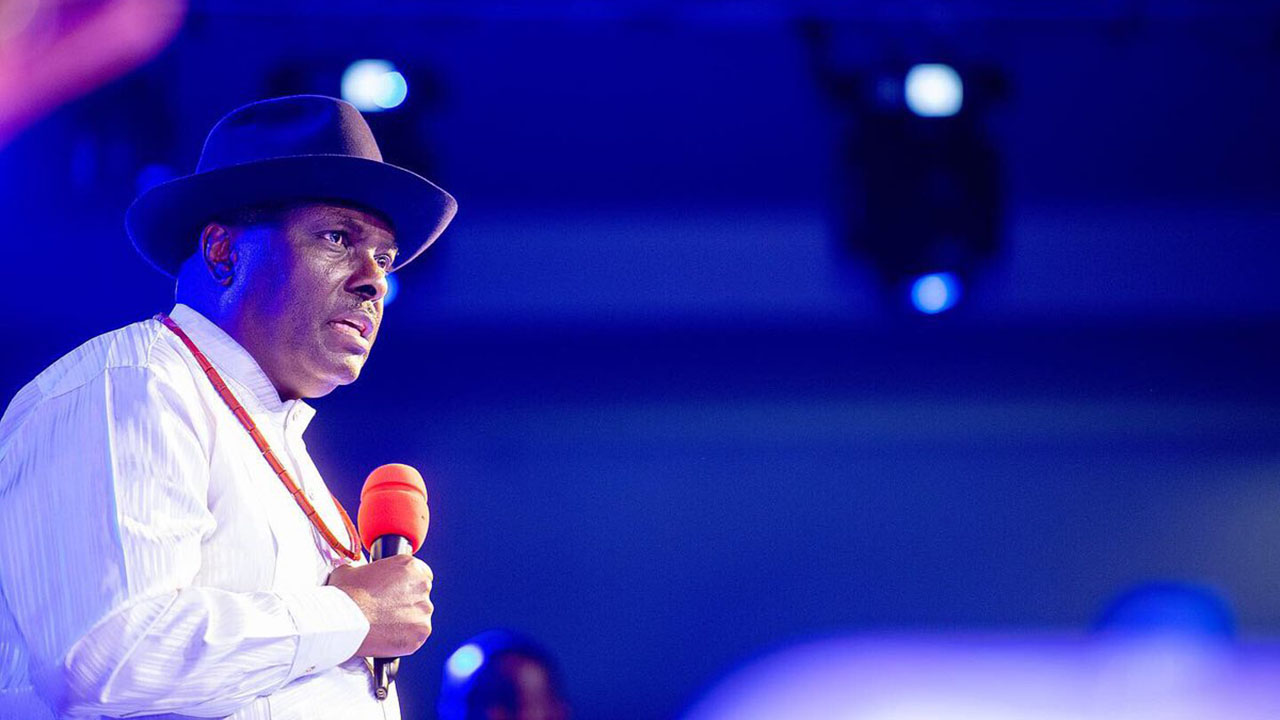By Editorial Board

The public debate sparked off over who, between the Federal Government and the Delta State government should take possession of funds of the state recovered from associates of a former governor is unduly outlandish and tends to belittle the huge negative consequences of corruption in the public sphere. It probably would have made more sense to lament the impoverishment and injustice to which ordinary Nigerians have been subjected as a result of massive sums they were criminally deprived of by their chosen leaders.
At issue is a recent Memorandum of Understanding (MoU) between the United Kingdom and the Federal Government of Nigeria, for the repatriation to Nigeria of £4.2 million recovered funds from the relatives and associates of former governor of Delta State, James Ibori; and the subsequent announcement by the Attorney General of the Federation and Minister of Justice, Abubakar Malami, that the money will be used for the construction of the Second Niger Bridge, Abuja-Kano road, and Lagos-Ibadan expressway.
Stakeholders have demanded for the return of the money to Delta State, arguing that the state is the victim of the crime, being the owner of the coffers from where the money was pilfered; and that on the mere principle of restitution, the state should receive the money, as sums recovered from former governors of Plateau and Bayelsa states in similar circumstances were remitted to the states. However those on the other side have premised their argument on extant statutory laws which provide for the forfeiture of proceeds of a crime to the prosecuting authority, in this case the UK Government, that has now elected to repatriate same to Nigeria on stringent conditions.
Mr. Malami, while defending the decision of the Federal Government was quoted to have said: “The major consideration relating to who is entitled to a fraction or perhaps the money in its entirety is a function of law and international diplomacy…all the processes associated with the recovery were consummated by the Federal Government and the Federal Government is, indeed, the victim of crime and not sub-national”. This may indeed be the case. However, if the UK government to whom the funds had been legally forfeited by virtue of its laws, would elect to repatriate same to the Federal Government of Nigeria, would it also not be morally right and equivalent, for the Federal Government to have the funds put to some projects under its watch in the state, if handing over the funds to the Delta State government is not preferred? The real victims here are the people of Delta State, not its political players, whose sins the people are now being made to suffer for; nor the letters of some abstract law. For laws without morals are useless.
While the entire debacle poses a lot of questions begging for answers, perhaps the Attorney General should tell Nigerians what the Federal Government has done with repatriated loots received in the past, particularly those of former Head of State, General Sani Abacha? What is the total cost of construction of the Second Niger Bridge, Abuja-Kano road, and Lagos-Ibadan expressway? How much has been expended on these projects so far, considering that Nigerians were equally informed that over $600 million received from the Abacha loot in 2020 would be channeled into the same projects? Would these sums be put to judicious use or “re-looted” by those in whose custody it has now been kept and Nigerians are made to watch the circle of recovery by a foreign government and repatriation to Nigeria?
Indeed the bigger issue is hardly one of whether or not the funds should be returned to the Delta State government, but the will of either of the state organs to put the money to judicious use. Perceived insincerity of the government in its fight against corruption, lack of transparency in its processes and the absence of a political will to make the welfare of the people its primary purpose of governance has over time robbed it of the trust of its citizens and the international community; a testament of which is the commitment extracted from the Federal Government by the UK authorities that the funds will be expended judiciously, a condition for its release.
The absurdity of the clamour by both governments is manifest in that four years after his return to the country, no one is bothered about the Court of Appeal ruling in 2014 that the former governor had a case to answer. It is a sorry sight to see government officials scramble over stolen assets recovered from a convicted political official successfully prosecuted abroad, as though it were some windfall. Equally notable is the stance of Delta State government, during the investigation of James Ibori by the Economic and Financial Crimes Commission (EFCC) that no money was lost by its government. Ibori was in 2017 given a heroic welcome in his home town, Oghara after serving his jail term in the UK.
It is ironic that the average Nigerians, who are the actual victims of corrupt and fraudulent practices perpetrated by public office holders, are quick to eulogize and celebrate what could be termed, their victory over the justice system. Gone are the days when suspected criminals and persons deemed to be of low integrity were avoided as one would a leper; but today such persons are rewarded with public offices.
Nigerians are currently bearing the brunt of economic hardship while the nation is heavily indebted. Their suffering stems not from lack of adequate resources but the direct consequences of successive corrupt leaders who, after being elected into office, plundered the resources meant for public advancement. Come 2023, Nigerians should be wiser to choose between the value of integrity and a piece of cake. Their decision will determine their quality of life and that of unborn generations of the country in years to come.
In this article:
